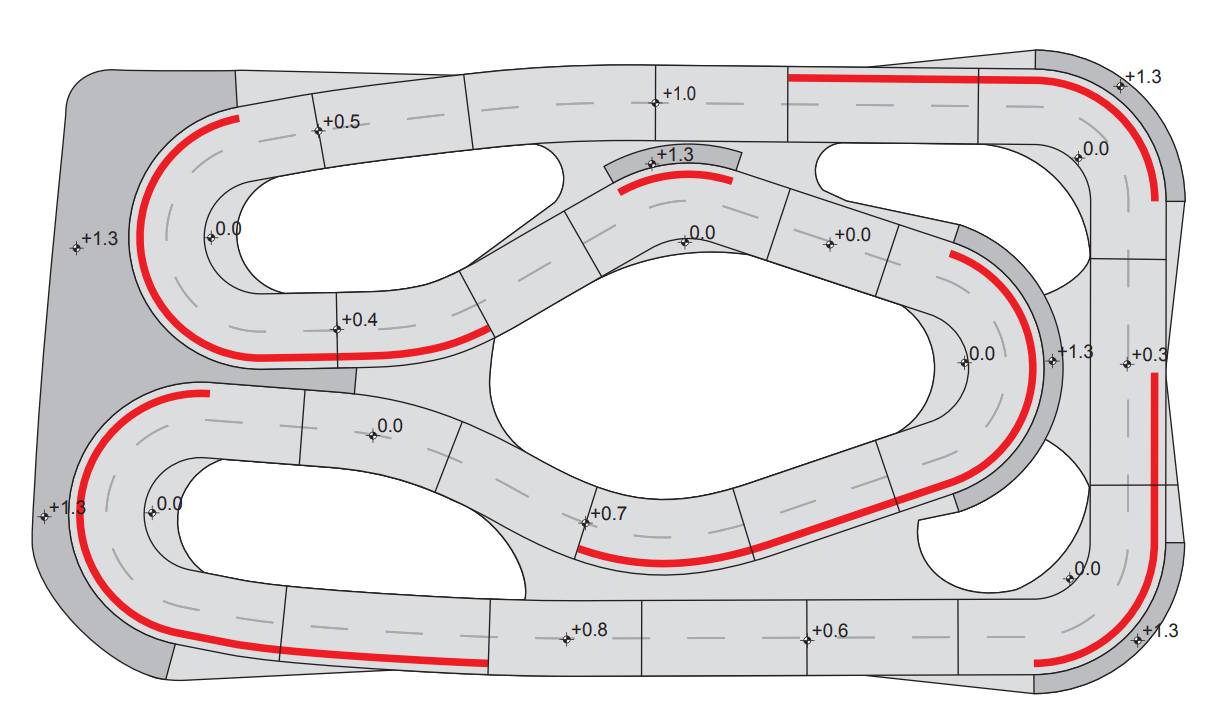The Councils Scheme of Delegation authorises the Clerk to the Council/Responsible Finance Officer and Standing Committees to act with delegated authority in the specific circumstances detailed.
Delegation to Clerk for Exceptional Circumstances
That the Council delegates authority to the Clerk in consultation with the Chairman and Vice Chairman or in exceptional circumstances without consultation where consultation has not been possible, to take any actions necessary with associated expenditure up to £5000 to protect the interests of the community and ensure council business continuity, informed by consultation with the available members of the council.
This policy is to be an option of last resort, where to not take action may cause significant loss or risk. For example, the renewal of the annual council insurance policy, or emergency works to make the village hall safe in event of major damage.
The budgetary control and authority to spend limits in section 4 of the Financial Regulations are raised from £500 to £5000 in order to implement this scheme of delegation.
Document History
This policy replaces: https://www.templecloud.org.uk/documents/scheme-of-delegation/
Appendix 1 – Supporting information:
S101 delegation of powers
The Scheme of Delegation (s101 of the 1972 LGA), provides for delegating authority to the Clerk for making decisions on behalf of the council as and when appropriate. S101 requires formally agreed Terms of Reference by the Council. It needs to be based in Terms of Reference (see Scheme of Delegation above) that sets out the key themes of the delegation and the financial thresholds that apply.
Delegation of Power
Section 101 of the Local Government Act 1972 provides:
- That a Council may delegate its powers (except those incapable of delegation) to a committee or an officer.
- A Committee may delegate its powers to an officer.
- The delegating body may exercise Powers that have been delegated.
Any delegation to the Proper Officer shall be exercised in compliance with the Council’s Standing Orders, any other policies or conditions imposed by the Council and within the law.
The Proper Officer may nominate another named Officer to carry out any powers and duties, which have been, delegated to that Officer.
In an emergency the Proper Officer is empowered to carry out any function of the Council.
Where officers are contemplating any action under delegated powers, which is likely to have a significant impact in a particular area, they should also consult a minimum of two Members, and must ensure that they obtain appropriate legal, financial and other specialist advice before action is taken.
The following items may not be delegated to the Clerk:
- To appoint the Chairman and Vice-Chairman in May each year
- To sign off the Governance Statement by 30th June each year
- To set the precept
- To appoint the Head of Paid Service (Clerk)
- To make byelaws
- To borrow money
- To consider any matter required by law to be considered by Council.






